President Donald Trump’s new defamation case against The Wall Street Journal and its parent News Corp. (NASDAQ: NWSA) may not survive long enough to test the facts. Filed Friday in Miami federal court, the complaint demands at least $10 billion for an article linking Trump to a bawdy 2003 birthday note for Jeffrey Epstein. Trump calls the story “fake” and promises to put Rupert Murdoch and top editors through “many hours of depositions.”
The filing targets Murdoch, Dow Jones, News Corp CEO Robert Thomson, and two Journal reporters. In a statement, Dow Jones said it has “full confidence in the rigor and accuracy of our reporting” and will “vigorously defend against any lawsuit.”
Statutory misfire
Florida law requires would-be plaintiffs to give media outlets five days of written notice before suing for libel. The law is clear: no notice, no case.
Trump served notice and filed the next day, leaving the Journal no time to retract—an error courts have treated as fatal. In Faller v. Beasley this year, a federal judge dismissed identical claims for that very lapse.
Also, President Trump was required to give the WSJ five days notice before filing suit.
— Andrew Fleischman (@ASFleischman) July 19, 2025
Obviously, by filing the next day, he made that impossible.
The remedy is dismissal.
And I suspect that means Trump pays the WSJ's legal fees. pic.twitter.com/mQLtucYDNL
Anti-SLAPP blowback
Florida’s anti-SLAPP statute also lets judges dismiss meritless suits over protected speech and shift fees to the losing side.
The Eleventh Circuit’s 2020 Parekh v. CBS ruling affirmed a full fee award under the statute after tossing a defamation complaint that, “even if false, was not actionable.”
If Trump’s filing is bounced on lack of notice grounds, the Journal can ask for the same remedy for anti-SLAPP—potentially sticking the president with a seven-figure legal tab.
In 2020, commentator Dan Bongino’s defamation suit in the same court ended with a dismissal and a $32,000 fee order against him under the statute.
“Actual malice”
Even if the case dodged procedural traps, Trump must prove the Journal knew the story was false or ignored obvious doubt—“actual malice” in Supreme Court parlance.
The same concern sank his $475 million “Big Lie” lawsuit against CNN in 2023, when a federal judge ruled the network’s Hitler analogies were protected opinion.
Legal scholars note that alleging “they possessed information” is not the same as showing reckless disregard. Without documentary proof the reporters doubted their own sourcing, courts are unlikely to let the claim reach a jury.
News Corp shares have barely budged after the lawsuit, closing Friday at $29.86, up 3.47% from last month.
Information for this briefing was found via Reuters and the sources mentioned. The author has no securities or affiliations related to the organizations discussed. Not a recommendation to buy or sell. Always do additional research and consult a professional before purchasing a security. The author holds no licenses.

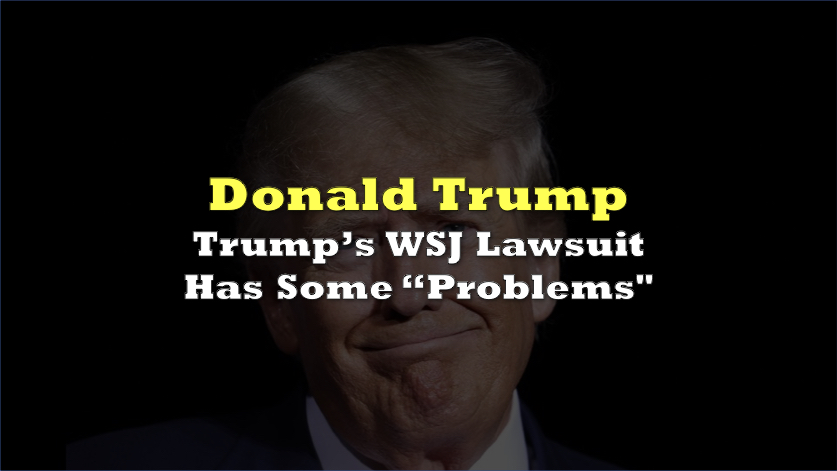



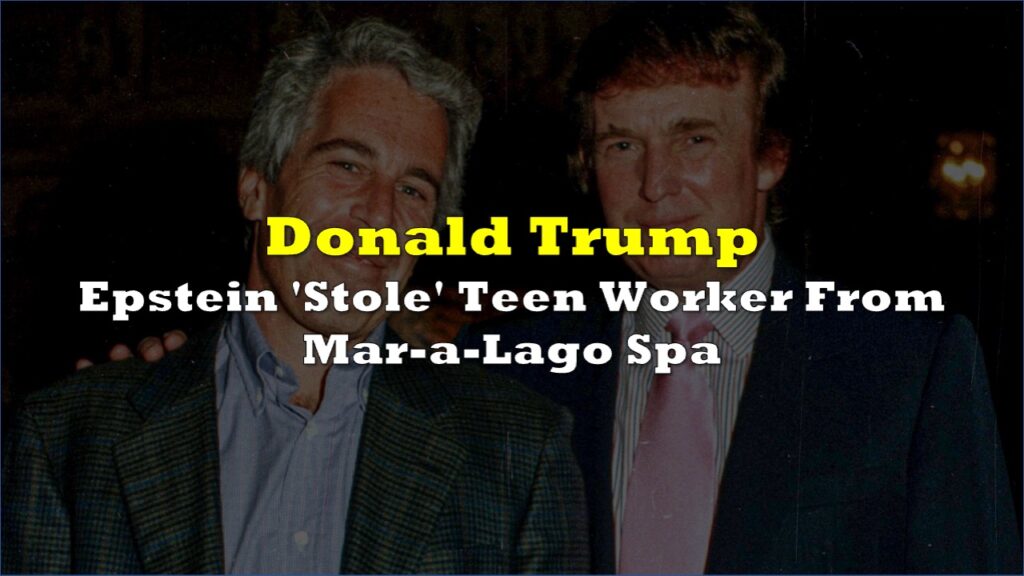
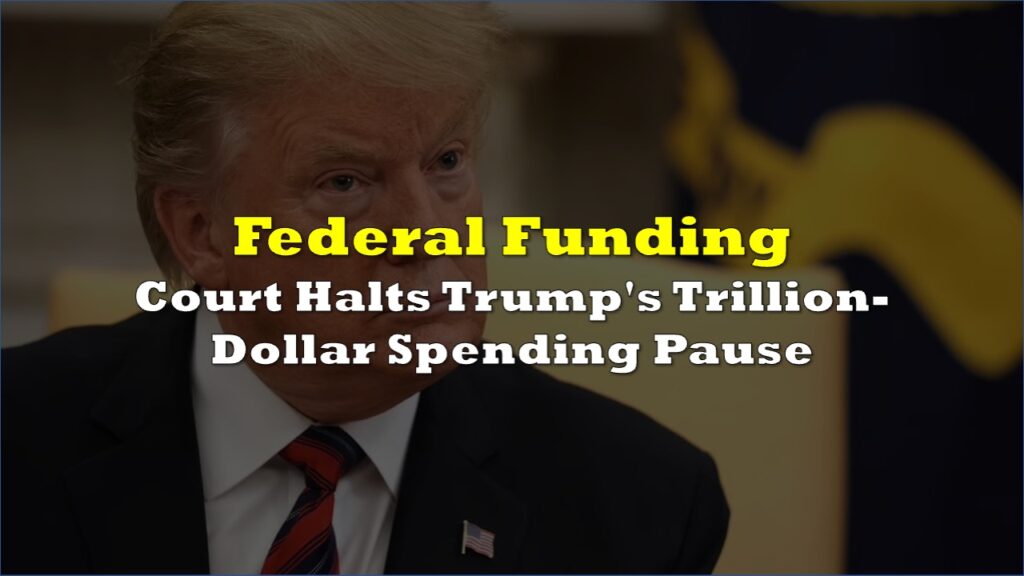
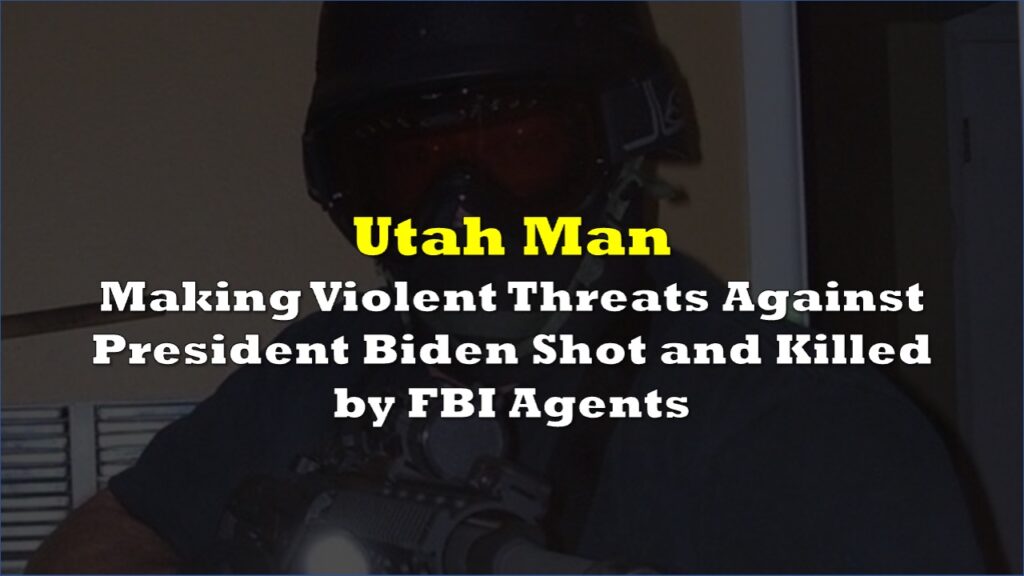
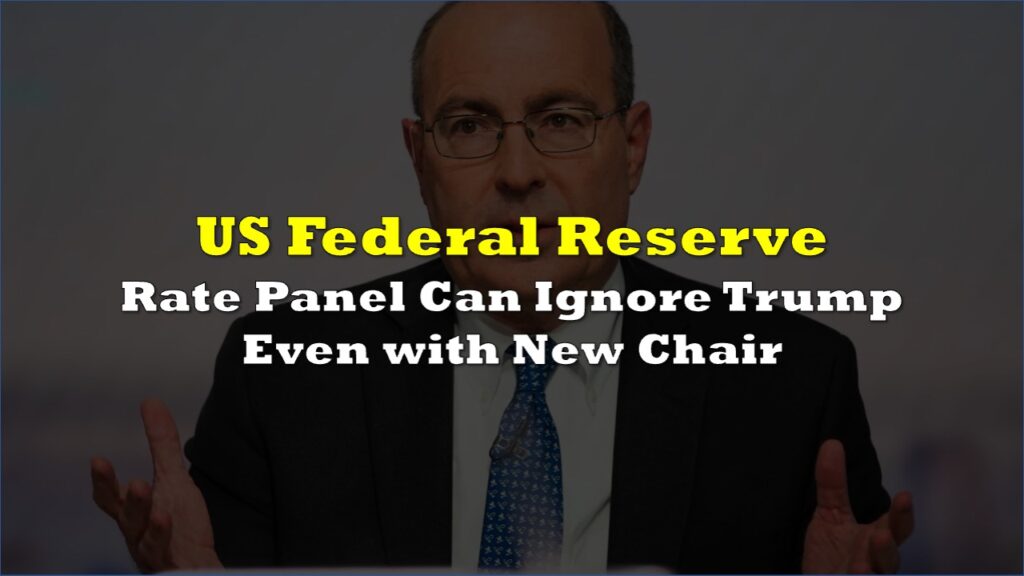

One Response
What a stupid life he leads….always guilty, always trying to weasel out and blame, blame, blame. True happiness for sure 😉